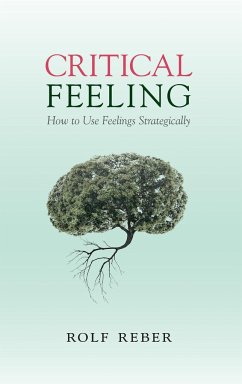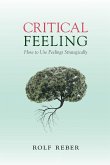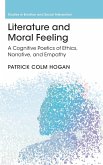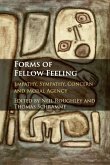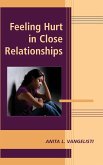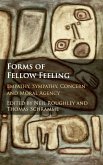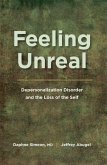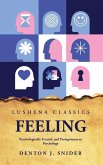How can we develop the sensitivity necessary for playing music or making crafts? How can teachers make their lessons interesting? In what ways can consumers avoid undue influence? How do we acquire refined tastes, or come to believe what we want to believe? Addressing these issues and providing an account for tackling personal and societal problems, Rolf Reber combines insights from psychology, philosophy, and education to introduce the concept of 'critical feeling'. While many people are familiar with the concept of critical thinking, critical feeling denotes the strategic use of feelings in order to optimize an outcome. Reber discusses the theoretical and empirical foundations of critical feeling and provides an overview of applications, including well-being, skill learning, personal relationships, business, politics, school, art, morality, and religion. This original and thought-provoking study will interest a broad range of researchers, students, and practitioners.
Hinweis: Dieser Artikel kann nur an eine deutsche Lieferadresse ausgeliefert werden.
Hinweis: Dieser Artikel kann nur an eine deutsche Lieferadresse ausgeliefert werden.

